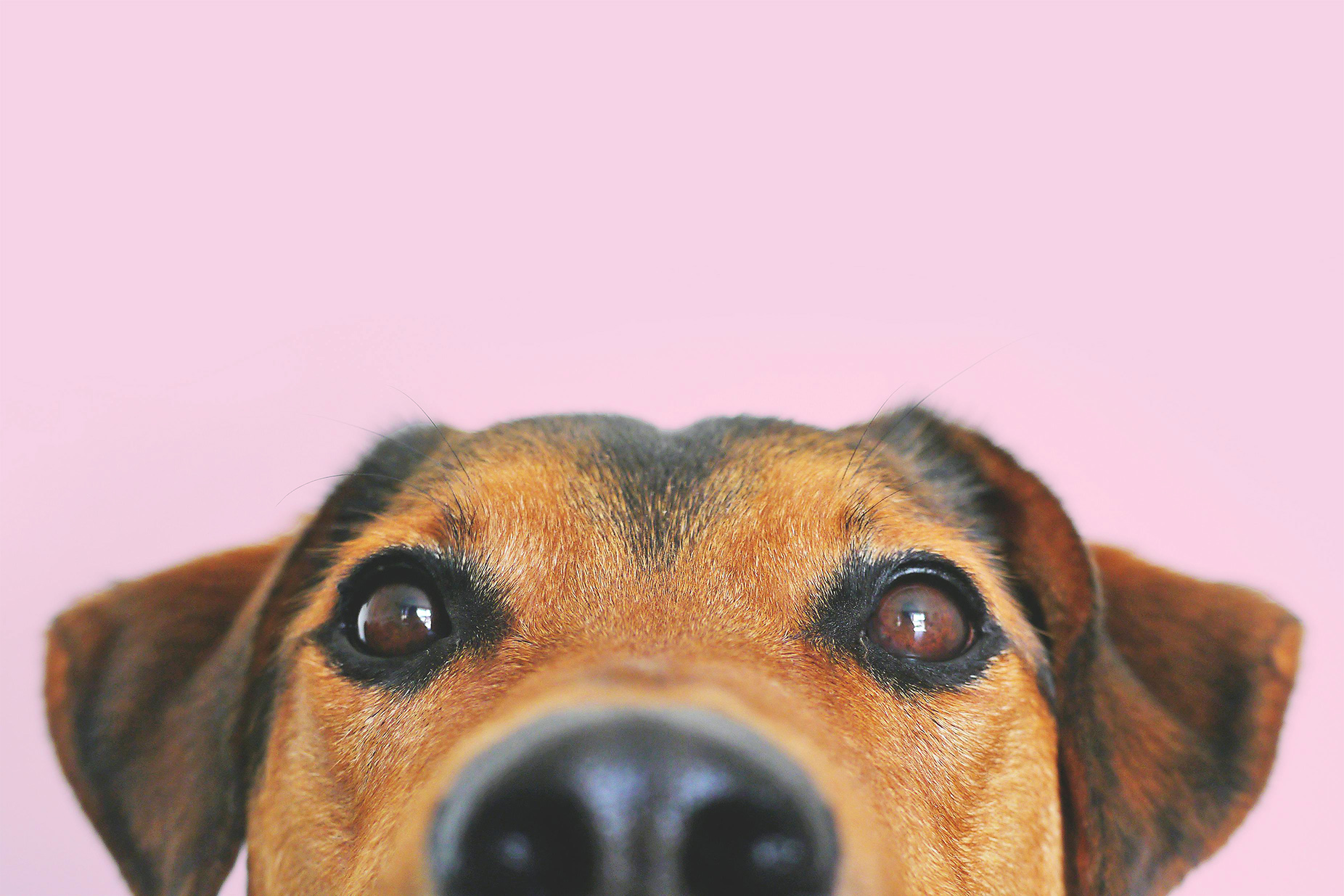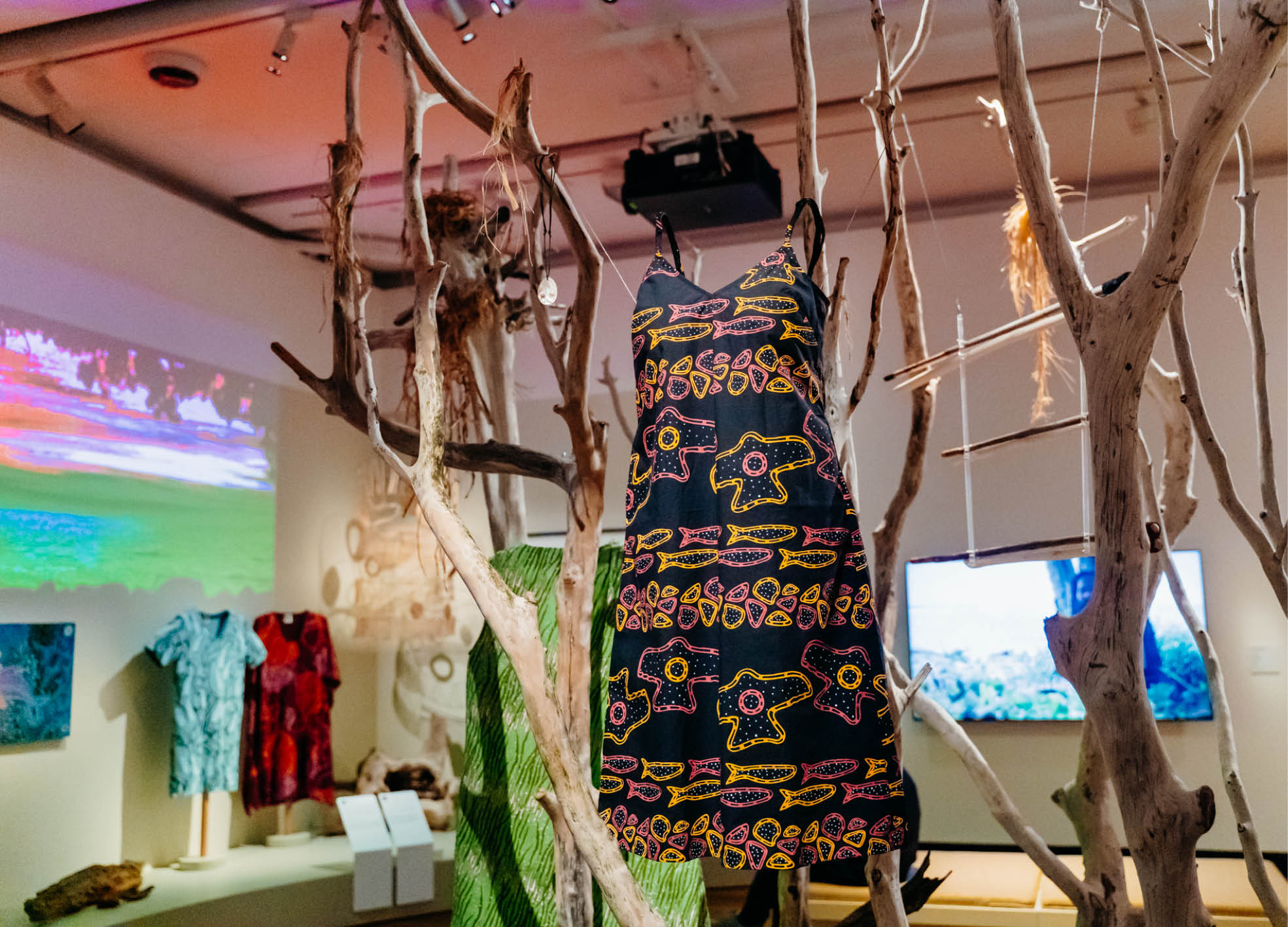2016 Mindful Leadership Forum
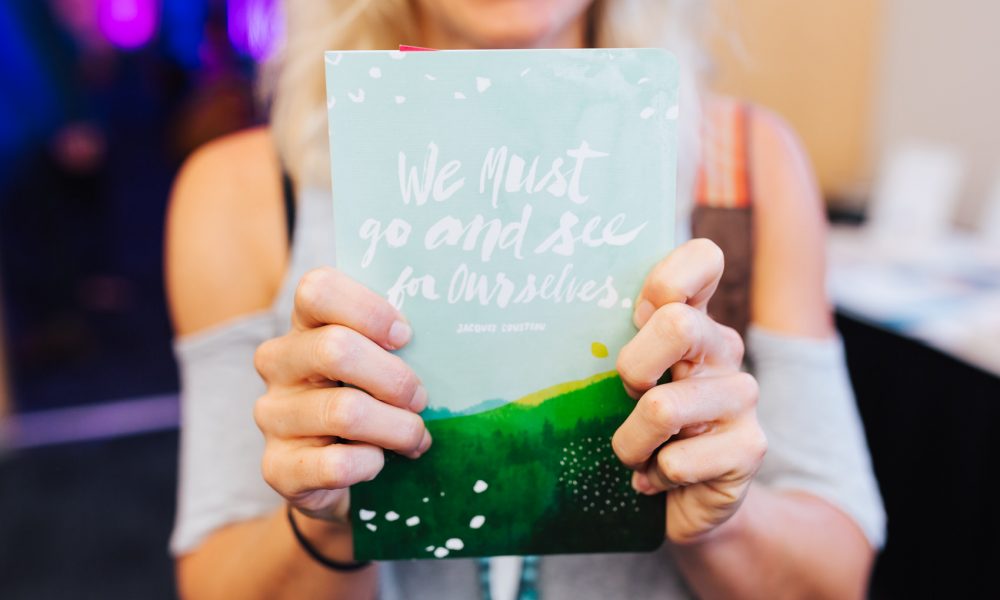
- Words by Peppermint
I hope qualities like mindfulness and compassion become seen as necessary qualities (rather than luxuries) for creating a healthy, enlightened and creative culture
Australia’s Mindful Leadership Forum is set to take centre stage again in Sydney on September 22-23, 2016. We attended the forum last year and can vouch for the positive impact this life-changing event has had on our Peppermint team, both professionally and personally. Run by Wake Up Project, the Mindful Leadership Forum provides two days of rethinking leadership in business with talks and masterclasses from leading thinkers and scientists from across the globe, inspiring a more mindful approach to the workplace. The 2016 forum includes speakers such as Emiliana Simon-Thomas, science director of the Greater Good Science Centre (GGSC) at the University of California; Nancy Costikyan, director Office of Work/Life at Harvard University; Nick Udall, former chair of New Models of Leadership at the World Economic Forum; and Debbie Jeremiah, mindful leader program manager, General Electric. These experts and others will help to provide insights for anyone looking to facilitate stronger connections and increase wellbeing in the workplace.
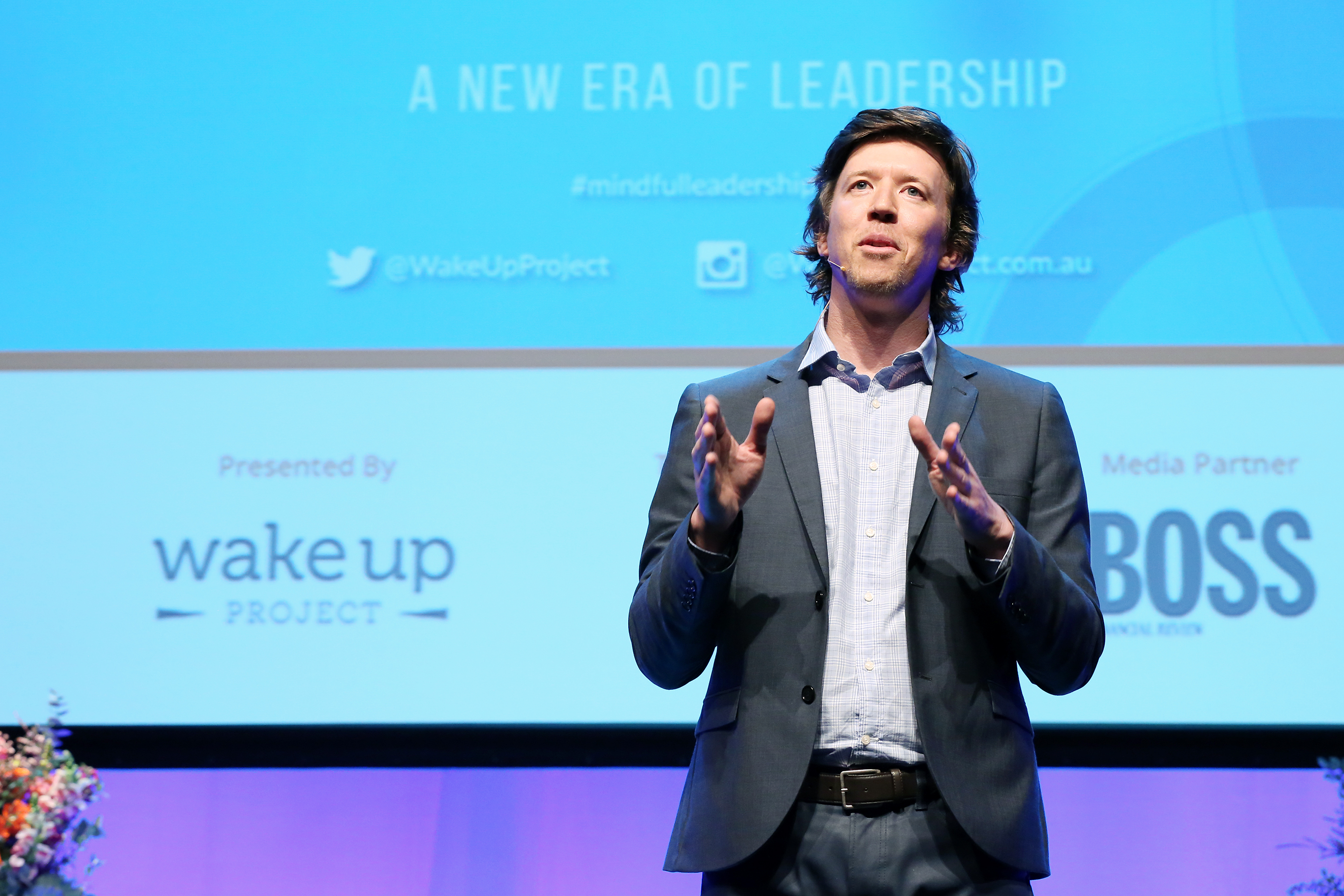
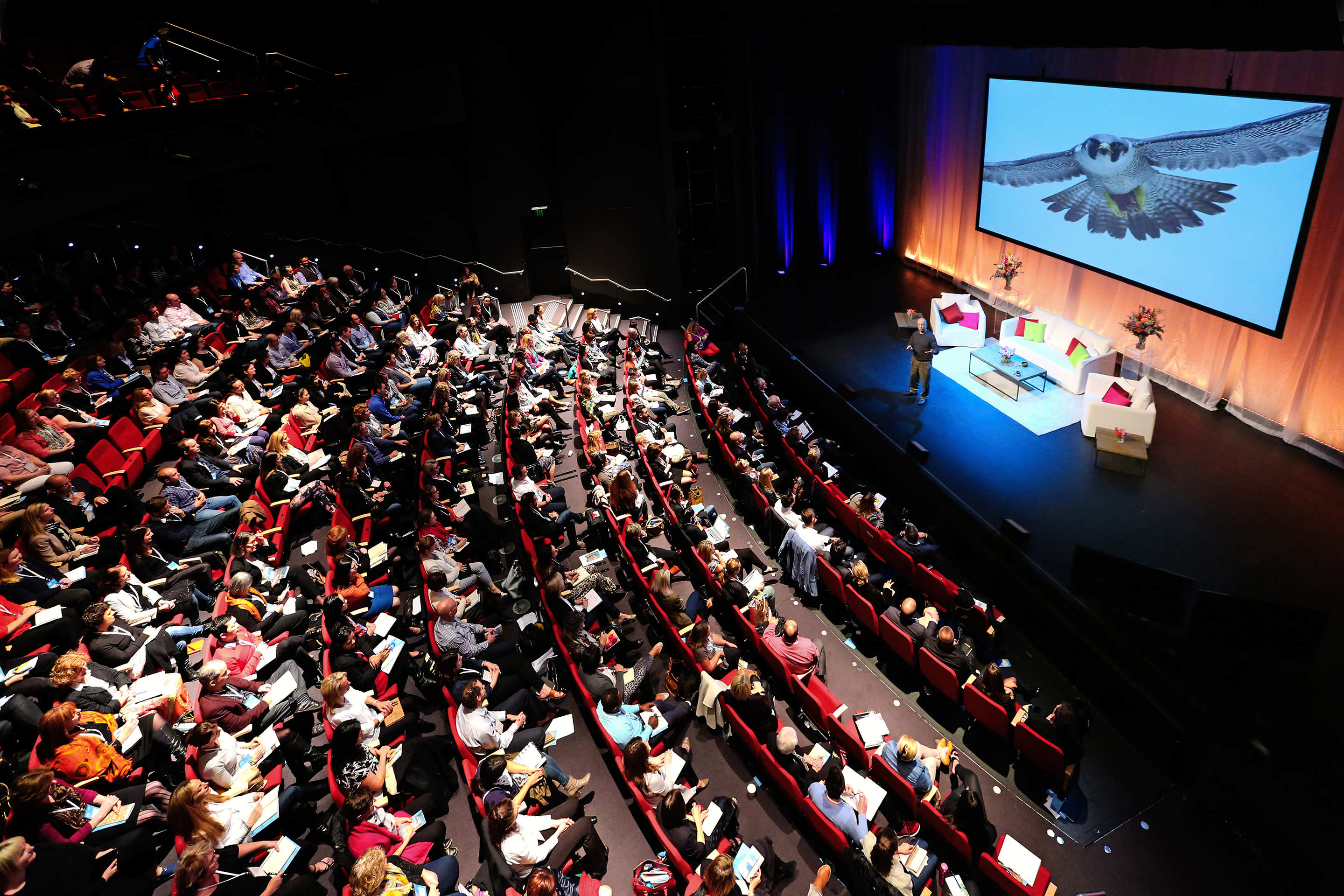
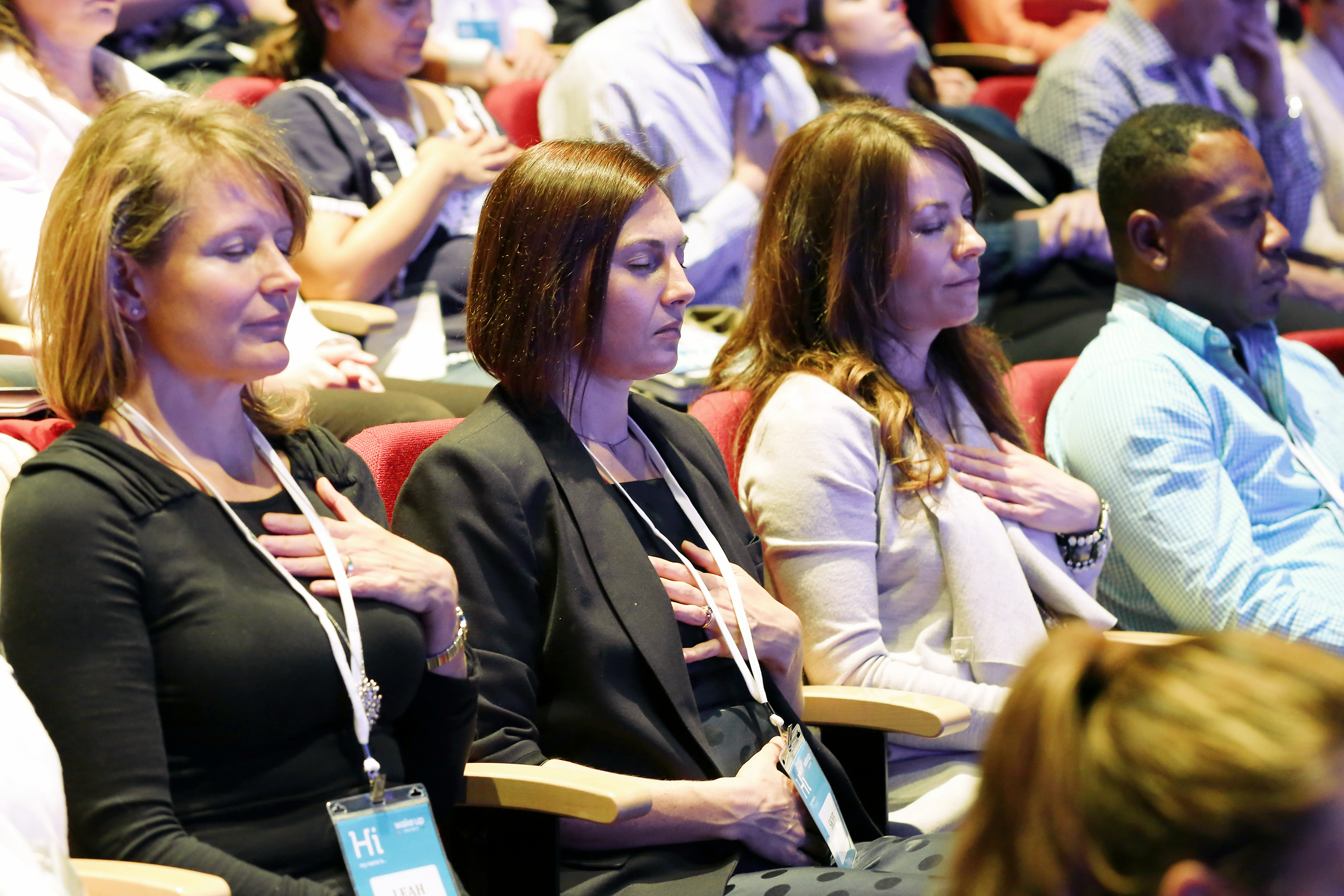
We spoke to Wake Up Project founder Jono Fisher in our Kindness feature in Issue 26 about the importance of kindness and emotional intelligence in a corporate environment.
“I believe there is a huge, growing movement to reconnect with these qualities. A big reason for this is that our fast-paced digital world is causing an increasing number of people to feel exhausted, overwhelmed and disengaged. In response to this, TIME Magazine’s front cover recently indicated that there is a ‘Mindful Revolution’ underway. Scientific research is also exploding in the areas of mindfulness and compassion. Even companies like Google and Facebook are realising the need to offer training in these areas to help unleash creativity and keep their staff feeling happy. I hope qualities like mindfulness and compassion become seen as necessary qualities (rather than luxuries) for creating a healthy, enlightened and creative culture.”
This year, Emiliana Simon-Thomas, who also featured in Issue 26, will be speaking at the Mindful Leadership Forum and hosting a full-day masterclass on Friday the 23rd – The Science of Compassion for Courage, Connection & Wellbeing – sharing cutting-edge research, practices for strengthening mindfulness and collaborative potential. Emiliana spoke to us for our Kindness feature about her research on kindness and compassion and its positive effects on the human brain:
……….

“Kindness is something of a holy grail. In the ‘How to Survive Academia’ seminar I went to in graduate school at the University of California, one professor explained that he was content with the work he’d done and was most invested in teaching these days; his most compelling advice was ‘Just be nice’. That stuck. In my view, taking the kind road at all the junctures we face every day is an incredibly valuable, habit-forming exercise that can improve health and wellbeing for all of us.
I became interested in the intersection of emotions and thinking as a result of working on a study that was trying to tie a particular pattern of brain activation to intelligence, as measured by a standard IQ test. I was testing people for this study and despite the fact that we were not measuring it, I could see that people’s emotional states were having an impact on their cognitive performance. I went to graduate school to study this, drawn by a clinical population whose brain injuries led to a lack of emotional input to thinking and decision-making – and who, despite performing well on IQ tests, were not able to function in society because of their impulsiveness, poor capacity to predict positive versus negative outcomes, social ineptitude and other impairments. I turned to positive and pro-social states (experiences that involve being interested in promoting the wellbeing of others) during my postdoctoral training – it’s so much more fun to study these, and they hold such promise for humans flourishing on all levels.
Kind behaviours engage the systems in our brain that signal pleasure. The same areas that respond to monetary awards or chocolate cake also come online when people give their own resources away in the service of others. Also, kindness in the context of caregiving and compassion engages areas of the brain that are involved in parental nurturance behaviours – and that use the neuropeptide oxytocin. Oxytocin is associated with pleasurable social experiences and promotes feelings of trust and safety around others. Kindness also engages a part of the nervous system called the vagus nerve, which is purported to support social affiliation, personal contentment and emotional resilience.
[tweet_box design=”default”]People who engage in more frequent acts of kindness score higher on measures of happiness[/tweet_box]
People who engage in more frequent acts of kindness score higher on measures of happiness, and it turns out that people who fall into the category of ‘very happy’ always have a strong network of friends and spend lots of time socialising. Presumably, this kind of life habit is more likely to be observed in people who are kinder. The work of Elizabeth Dunn has showed that all over the world, the more ‘pro-social spending’ people do, the happier they are. A very recent study showed that in the elderly, service behaviours (such as volunteering) were associated with less vulnerability and shallower decline for dementia. The data overwhelmingly suggests that connecting with others in kind ways is decidedly good for health and wellbeing.
One of the biggest challenges to kindness is not noticing or being able to attend to opportunities to be kind in the world around us. One of the most famous studies in social psychology, the Good Samaritan Study, showed that people who were in a rush, obliged by their feelings of being late to where they were going, opted not to help someone who was clearly suffering in their path. Being tightly scheduled and ‘busy, busy, busy’ is a challenge to kindness because this promotes a more self-referential default mode of thinking. Our nervous system, though absurdly computationally powerful, is also limited – and if all our attention is consumed by self-focused issues, we’re simply not able to orient to the needs of anyone else.
I think what science can provide is evidence that challenges the long-held societal belief that kindness is somehow optional and meek, and only worth considering after one’s personal desires have been met. This ill-construed ‘survival of the fittest’ ethos always omits kindness as a source of fitness, focusing rather on brawn and capacity for the sociopathic pursuit of power and success at the expense of others. With a non-partisan scientific explanation for kindness as a foundational value, the motivation for kindness does not have to come from one belief system or another, but can appeal across people for the benefit of everyone.
Science has provided me with more resolve – a stronger basis for the claims I make about why our basic potential for kindness should not live timidly under the shadow of our parallel potential for competition. Both are instrumental for survival – and often kindness gets us closer to our goals faster, and in a more sustainable way.”
……….
The Mindful Leadership Forum takes place from 8.30am – 5.30pm on Thursday September 22 and Friday September 23 at The Concourse in Sydney. Book your tickets here to ensure you don’t miss out on this incredible event.
JOIN OUR MAILING LIST
Brighten up your inbox with our not-too-frequent emails featuring Peppermint-related news, events, competitions and more!
explore
More articles
It’s beginning to look a lot like Christmas…. Which means we are officially entering party season. Work parties, friend-dos, family get-togethers and then we’re straight into New Year festivities. If you’re lucky enough, you might be staring down the barrel…
Look, I don’t want to make anyone panic but IT’S DECEMBER!!! If you’re planning to give homemade gifts, you’re going to have to act fast. …
Furred, feathered, fishy, scaled… The pets we choose are as diverse as our personalities. (And apparently, quite often we resemble each other.) But they all…
When you hang a painting on a wall, the story stays put. But when you wear a beautifully made garment that may as well be…
Hang out with us on Instagram
“We love that we can bring a hint of imagination and whimsy into everyday life by making ordinary objects fun. We’ve learned to appreciate the little wins and to take a moment for each step we achieve.”
Disillusioned by the realities of fast fashion, design grads Emily May and Sidonie Moore ditched clothing for a business that finds fun in the everyday. Enter @TheNonsenseMaker: a collection of unique homewares, fun wall art, greeting cards and more that breathe life into Emily’s illustrations: “I love the idea of taking real-world objects and changing your perspective in a way that brings magic and whimsy into everyday life!”
In issue 64’s feature ‘It all makes sense’, we chat to the Naarm/Melbourne-based duo about their sustainability philosophy, TV re-runs and their commitment to local makers. At stockists now!
Photos: @MeAndMyGirl
#PeppermintMagazine #TheNonsenseMaker #LocalMakers #SustainableCraft

Any New Year’s resolutions on your list? We love this from @OtterBeeStitching - “be brave enough to suck at something new”.
There’s no points for perfection, but you’ll get a trophy for trying. If nothing else this year, take the leap and try something new.
#OtterBeeStitching #Embroidery #BeBrave #TrySomethingNew #EmbroideryArt

Sunday serving suggestion ☀️
Gorgeous photos from @JolieFemmeStore - who make sweet garments from vintage bedsheets.
#PeppermintMagazine #SlowSunday #SwitchOff #Unplug #ReadAMagazine

A toast to the old you 🥂
We wholeheartedly love this post from the brilliant @EmilyOnLife:
“2026: Reinvent, burn it down, let it go (whatever it is). Year of the Snake it up. Exercise your boundaries, exercise your body, take one teeny step every day towards a life that feels better to be in.
But don’t you dare shit on your old self while you do it.
Hold yourself with reverence and tenderness and respect, because you got you this far. You did your very best with the information and tools you had at the time. You scraped yourself together, you made it work, you survived what felt impossible to survive: again and again and again.
You are perpetually in the process of becoming, whether you can feel it or not, whether or not you add it to your 2026 to-do list.“

Some very wise words from @Damon.Gameau to take us into 2026 🙌🏼

⭐️ We made it!!! ⭐️
Happy New Year, friends. To those who smashed their goals and achieved their dreams, and to those who are crawling over the finish line hoping to never speak of this year again (and everyone else in between): we made it. However you got here is enough. Be proud.
It’s been a tough year for many of us in small business, so here’s to a better year in 2026. We’re forever grateful for all your support and are jumping for joy to still be here bringing you creativity, kindness and community.
We’re also excited to be leaping into the NY with our special release sewing pattern – the Waratah Wrap Dress!
How great are our fabulous models: @Melt.Stitches, @KatieMakesADress and @Tricky.Pockets - and also our incredible Sewing Manager @Laura_The_Maker! 🙌🏼
Ok 2026: let’s do this. 💪🏼
#PeppermintWaratahWrapDress #PeppermintPatterns #SewingPattern #MeMade #WrapDress #WrapDressPattern
















